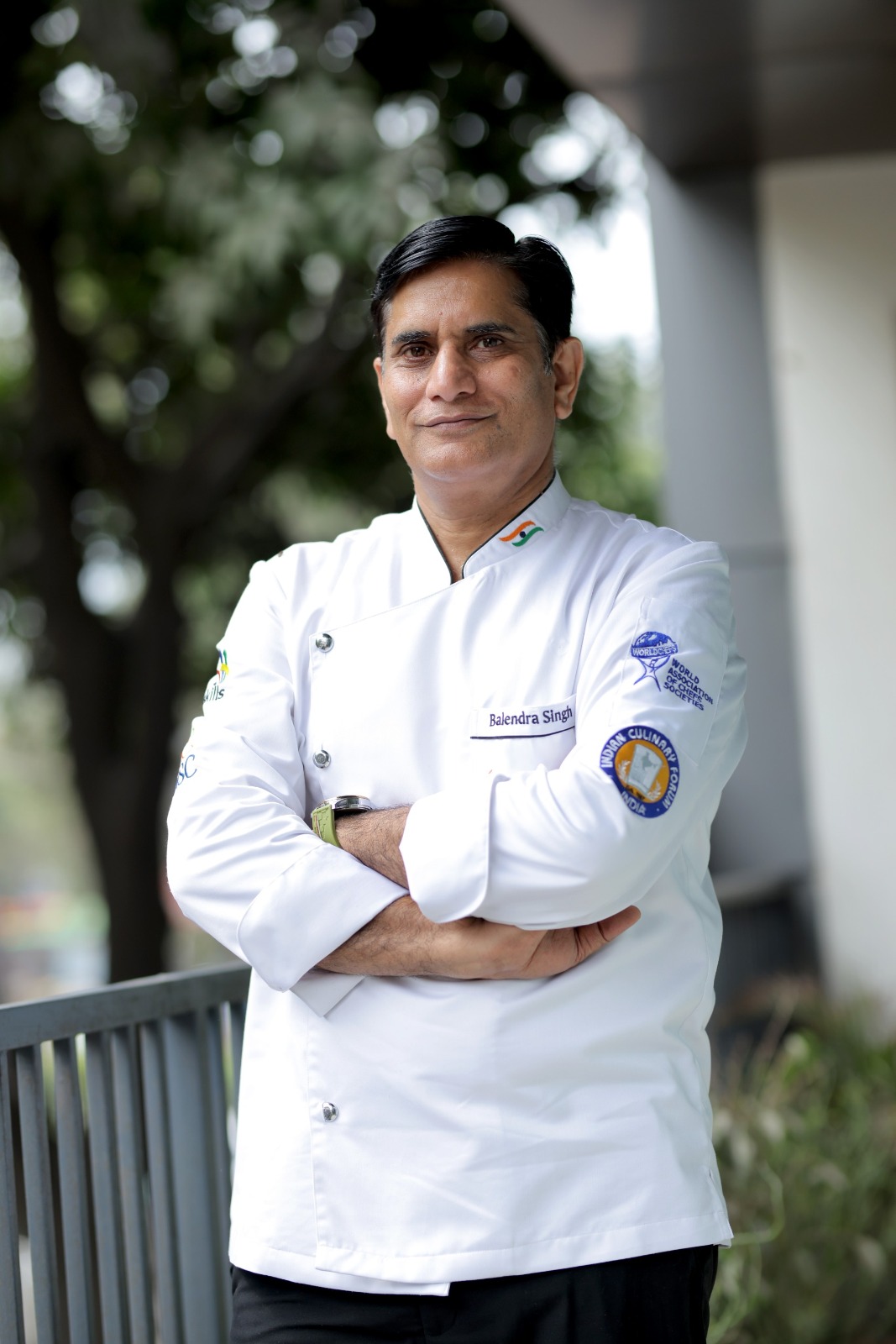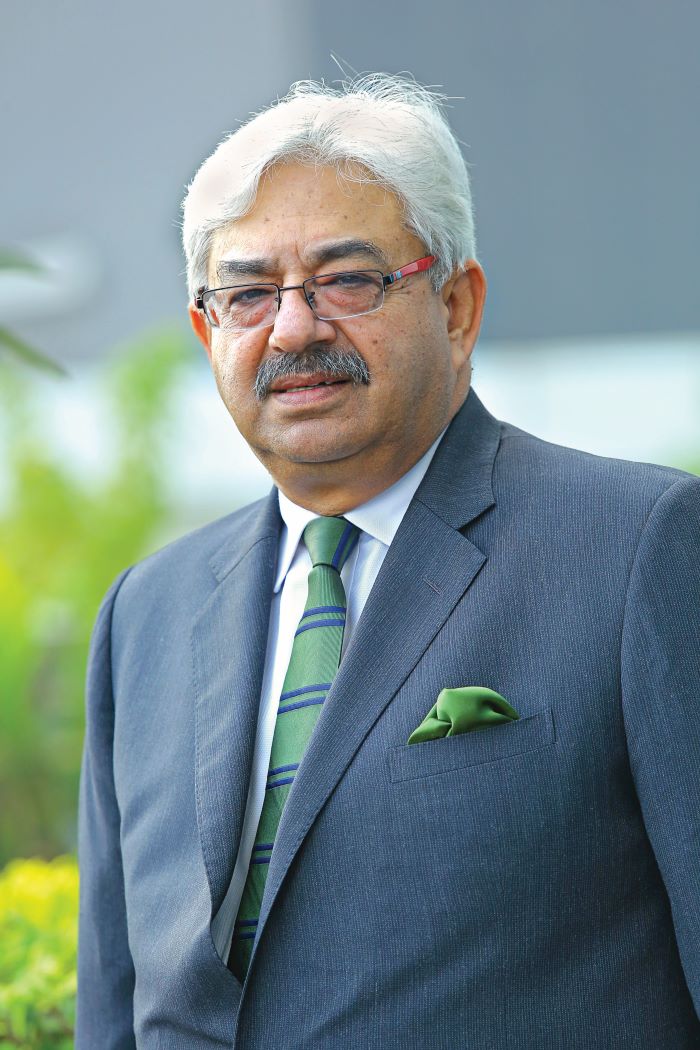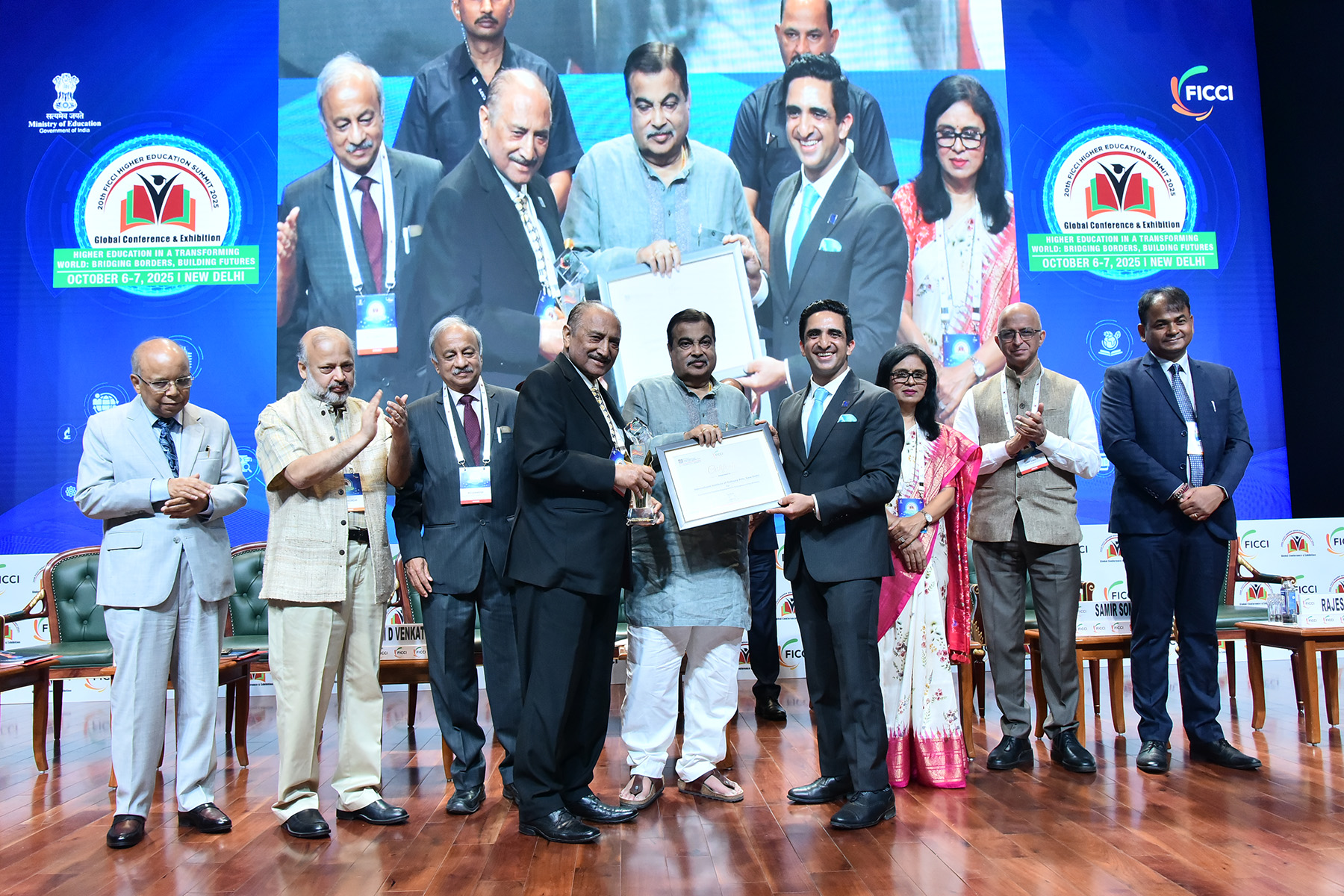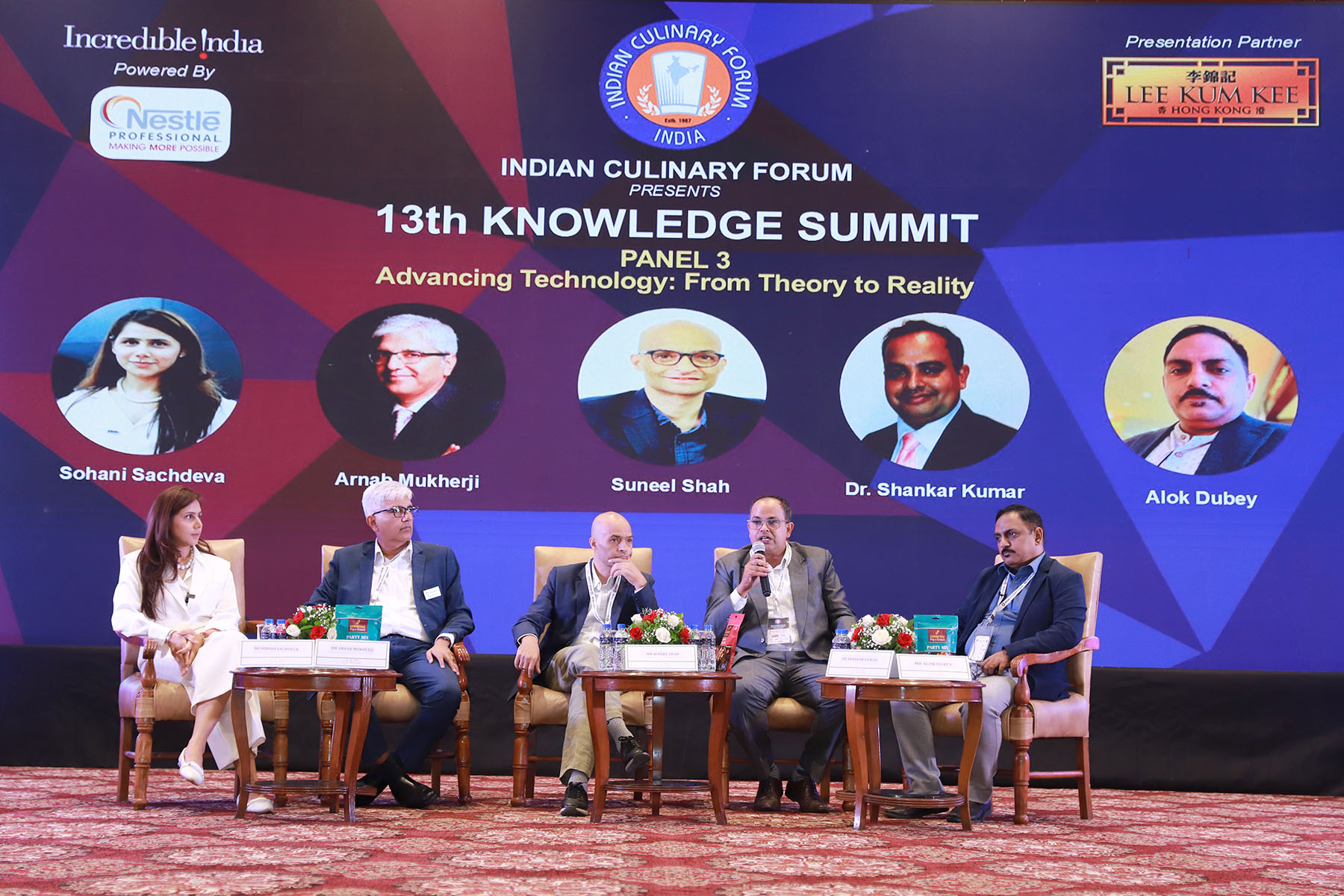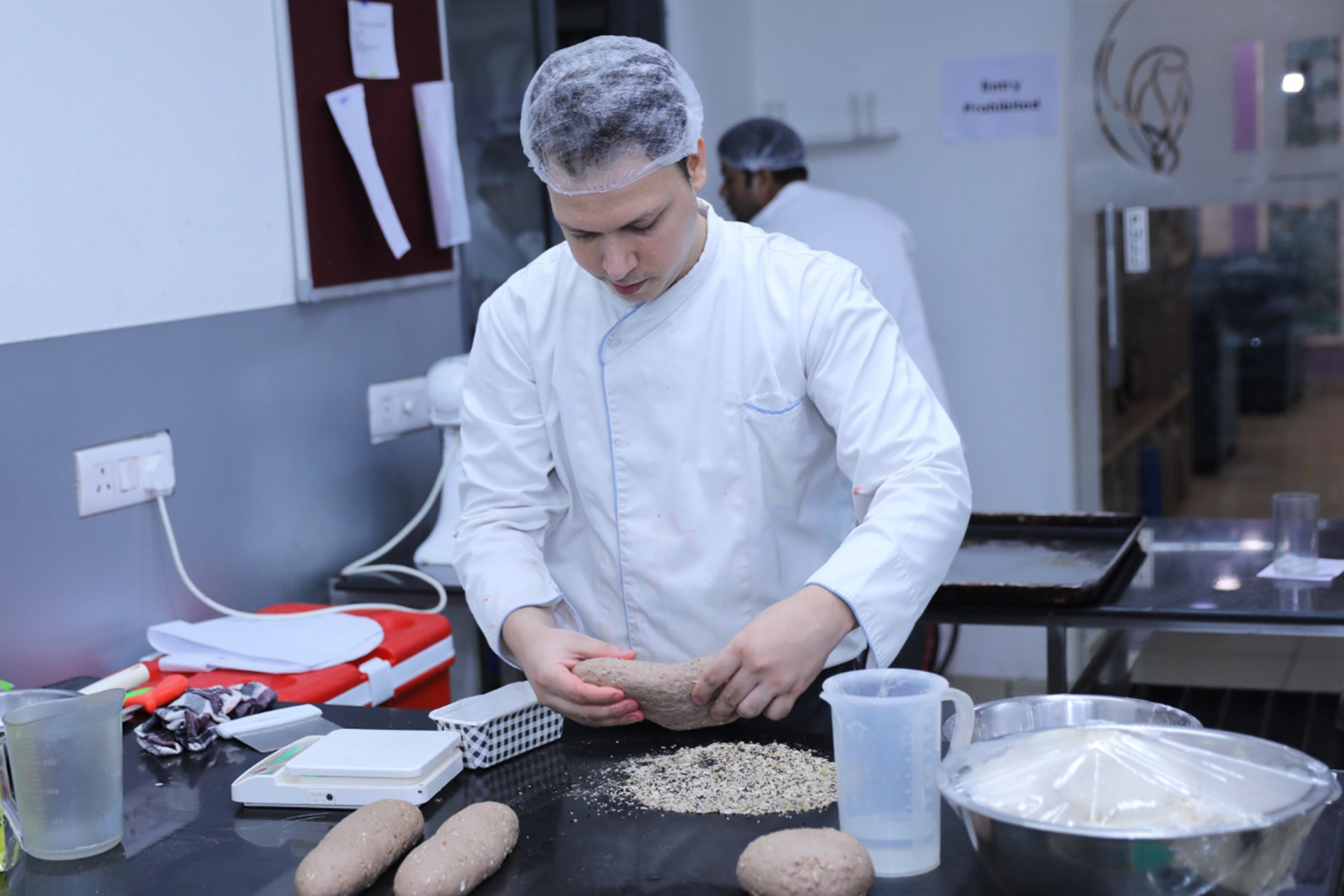Chef Dr Balendra Singh, renowned pastry chef, educator, and official training partner, Centre of Excellence of THSC explains while AI will not replace manpower, it will significantly enhance operational efficiency for professionals.
Words by Lipla Negi
Q: In what ways can the hospitality industry better enhance the utilization and integration of young talent entering the workforce?
A: The hospitality industry must prioritize structured onboarding, mentorship programs, and real-time skill application through internships and apprenticeships. Integrating young talent can be enhanced through continuous learning modules, exposure to cross-functional roles, and a culture that encourages innovation and agility. Recognizing and rewarding fresh perspectives can go a long way in ensuring better integration. Additionally, many students are now actively exploring Short-Term Training (STT) programs to bridge the entry-level skills gap, making it essential for the industry to align with such initiatives and provide clear pathways from training to employment.
Q: What key skills do you believe are essential today for building a successful career in hospitality?
A: In addition to strong technical knowledge, essential skills for building a successful career in hospitality include emotional intelligence, adaptability, cultural sensitivity, and digital literacy. Leadership, communication, and an entrepreneurial mindset are also crucial in this highly interactive and dynamic field. Furthermore, an understanding of Artificial Intelligence (AI) is becoming increasingly important—not because AI is replacing manpower, but because it is enhancing operational efficiency and enabling professionals to focus more on personalized guest experiences and strategic roles.
Q: What do you see as the most challenging aspect of a chef’s role in today’s hospitality environment, and how can it be effectively managed?
A: The biggest challenge today is balancing creativity with consistency and operational efficiency, especially in the face of changing consumer preferences and high guest expectations. This can be effectively managed through strong team leadership, continual upskilling, adoption of modern culinary techniques, and a deep understanding of both global trends and local flavors.
Q: When it comes to Indian hospitality talent, which regions are currently driving the highest demand for workforce placement—domestically and internationally?
A: Internationally, the Middle East, Europe, and Southeast Asia continue to demand skilled Indian hospitality professionals. Domestically, metropolitan cities like Delhi NCR, Mumbai, and Bangalore, and emerging hospitality hubs such as Goa, Jaipur, and Kochi are actively seeking young, trained talent.
Q: How can standardized training approach helping bridge the hospitality sector’s skill gap?
A: THSC’s competency-based training and assessment approach ensures that students are industry-ready from day one. By aligning its curriculum with global standards and focusing on hands-on learning, THSC is playing a pivotal role in equipping students with relevant and in-demand skills, thereby effectively narrowing the industry’s skill gap. In addition, THSC’s vast training centre network across Tier 2 and Tier 3 cities ensures deeper regional outreach and access to opportunities for youth in underserved areas. The hub-and-spoke model implemented by THSC ensures structured delivery using NSQF-aligned Qualification Packs (QPs) and modular training content, enabling scalable and consistent skilling outcomes across locations.


